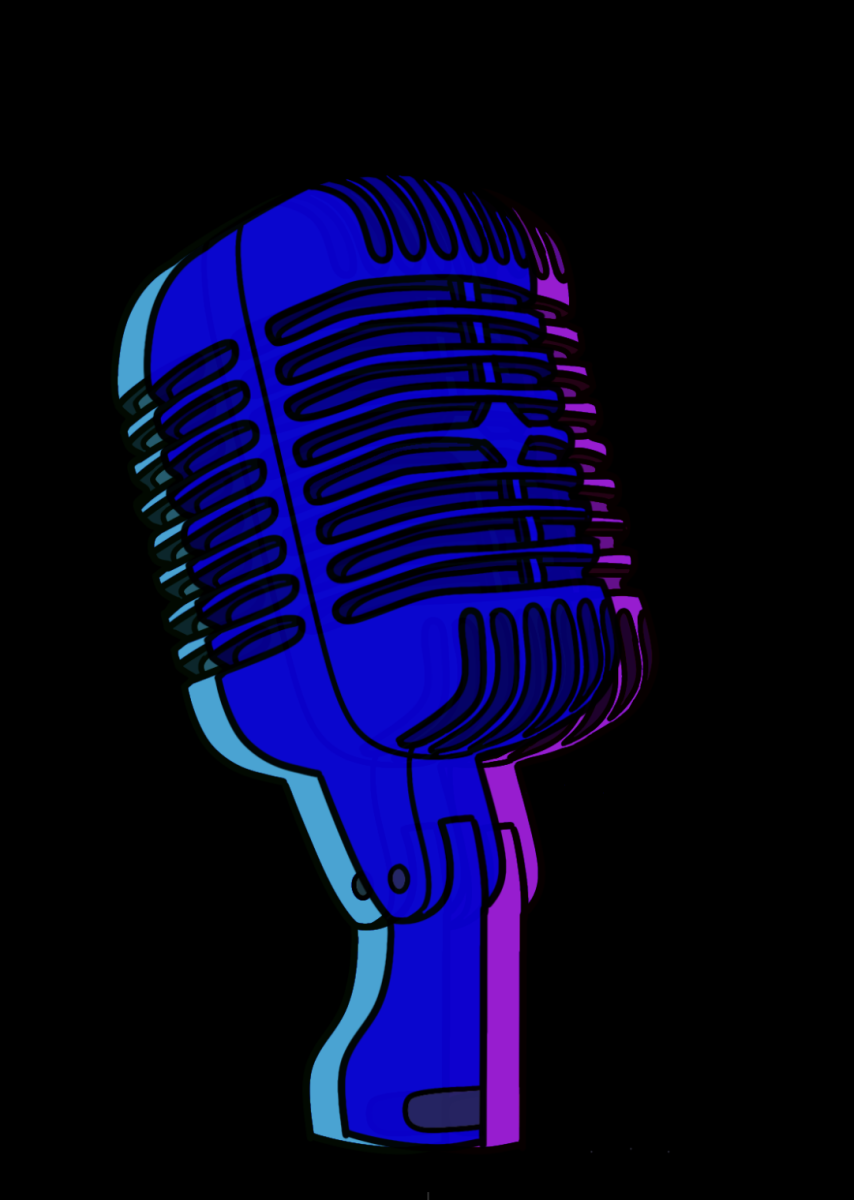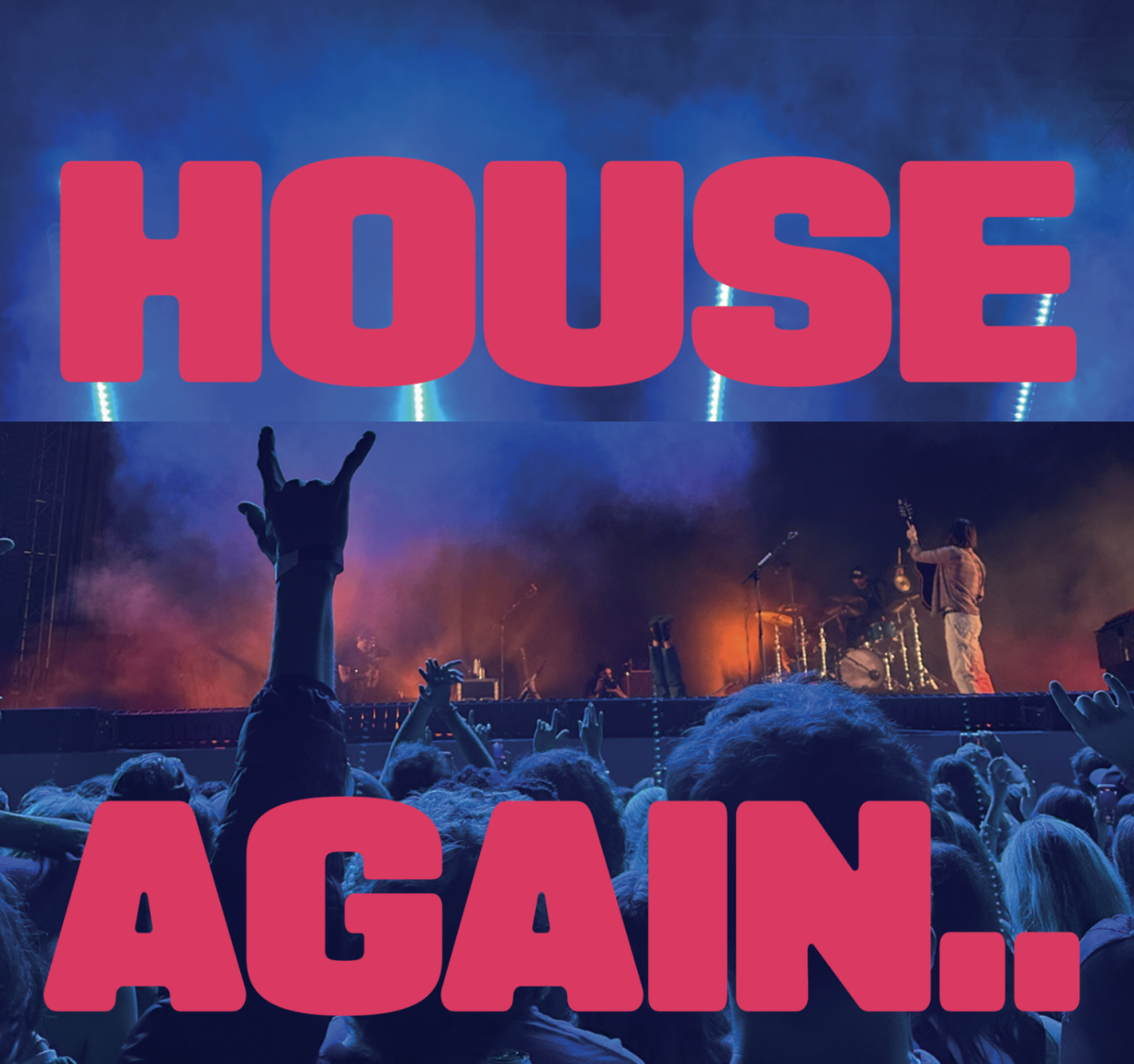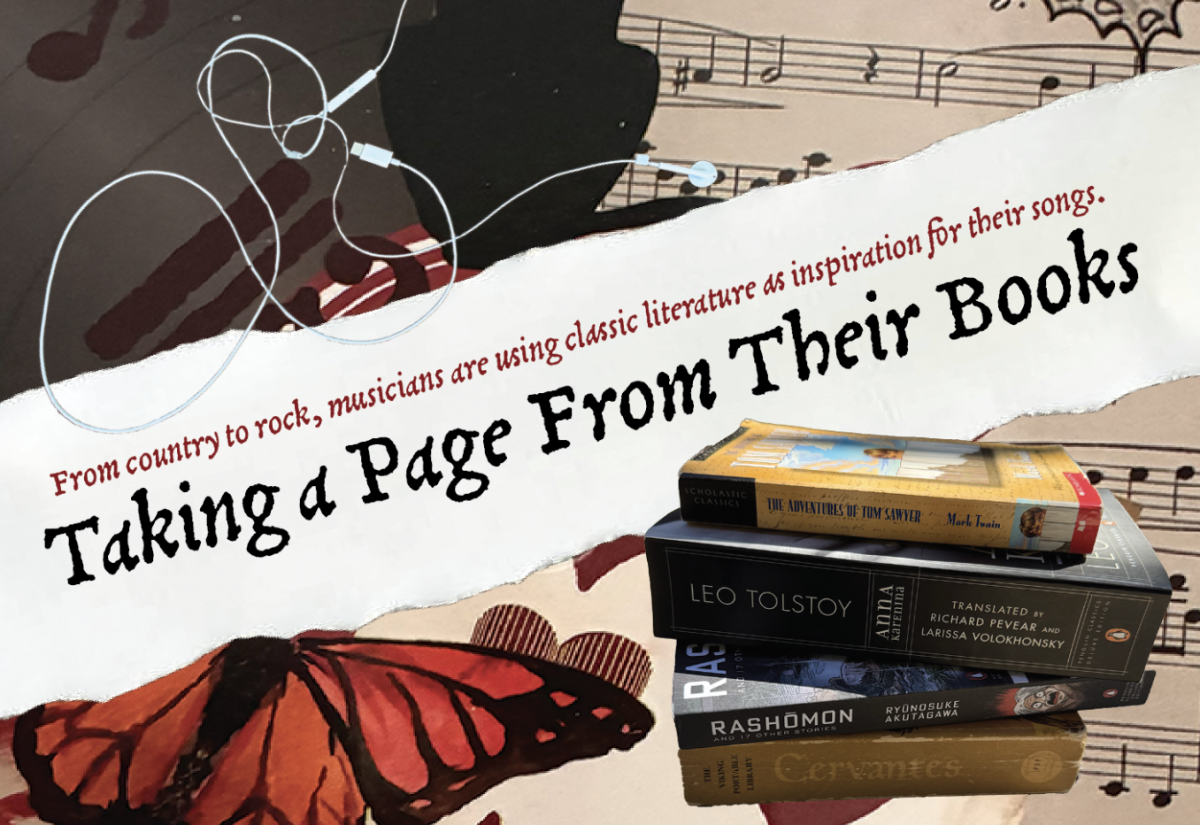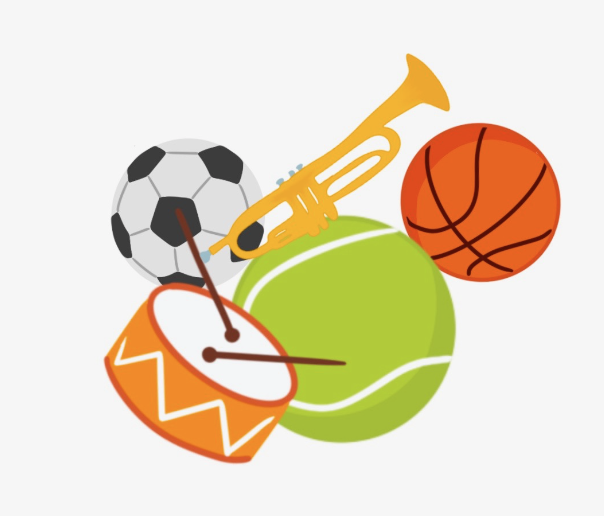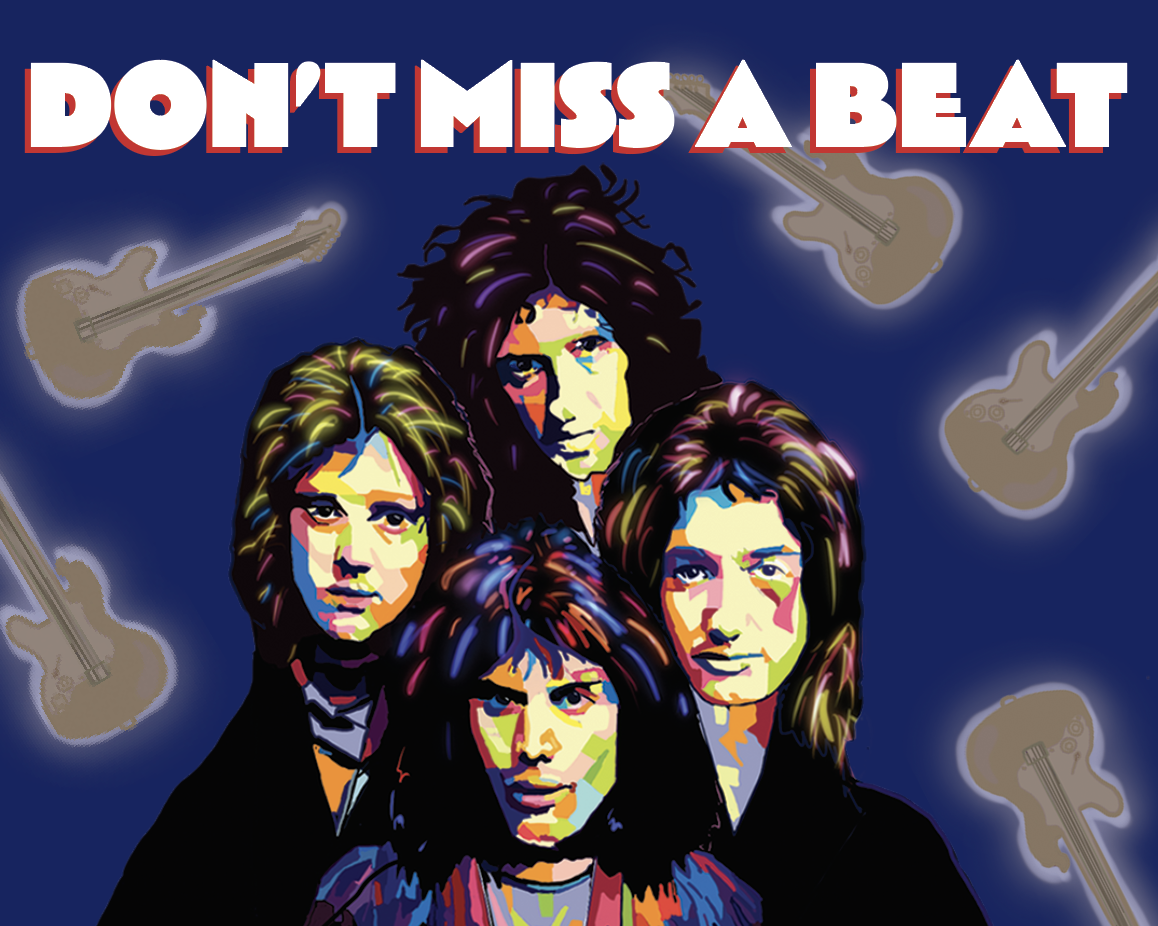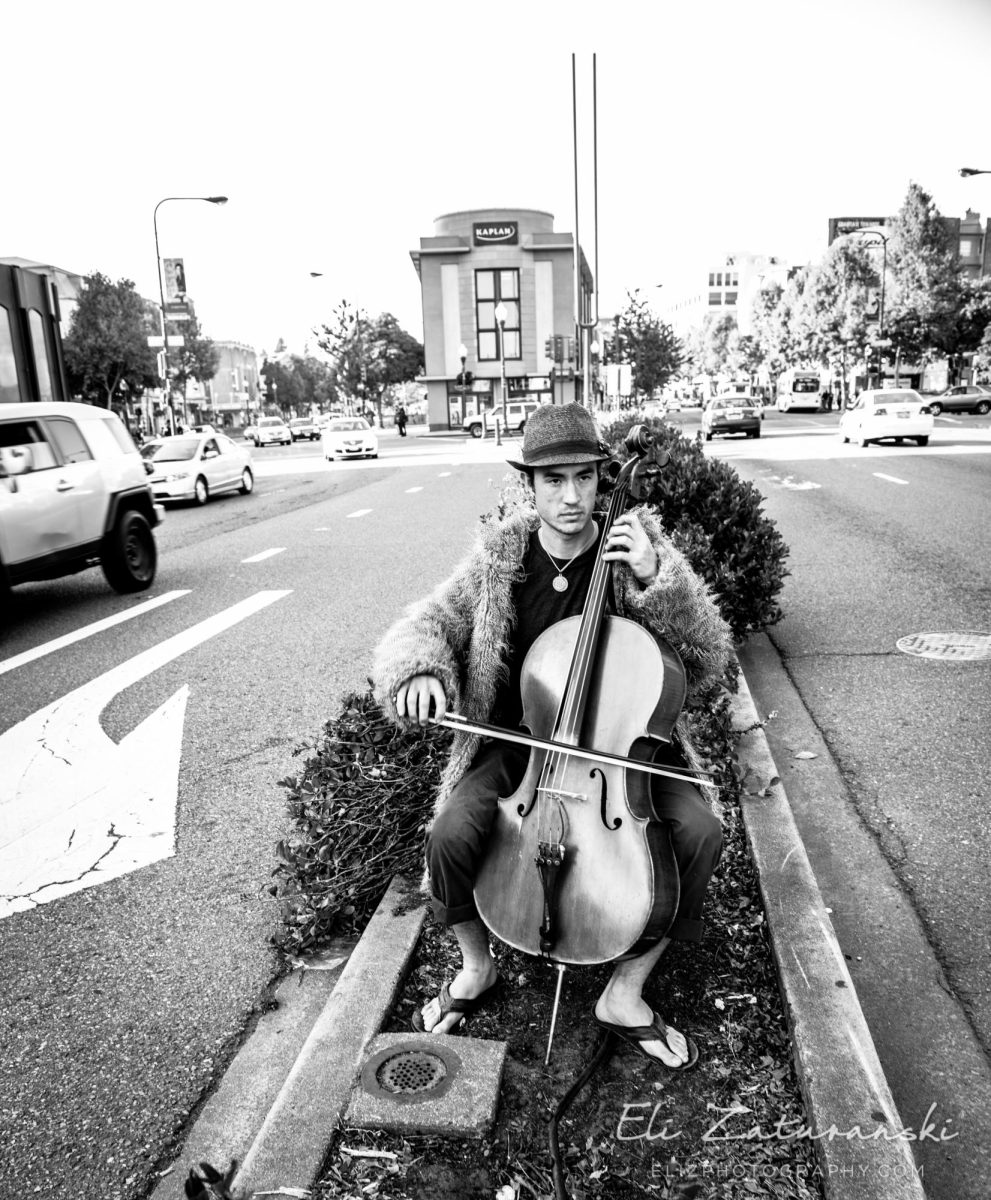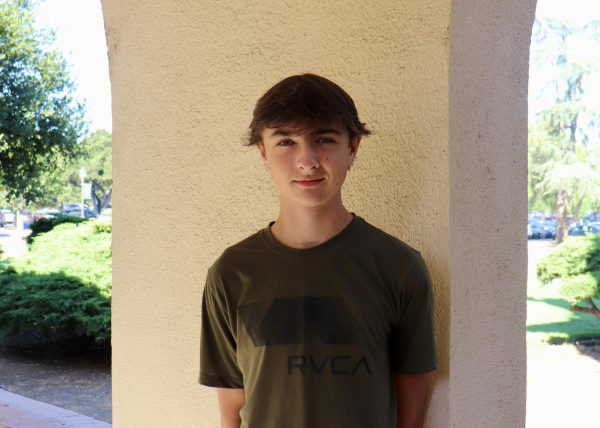The world is full of song: in birds chirping, in jostled windchimes, in studio-recorded pop on car radios and more. Music is often seen as just a way to relax and reduce stress, but for humans and many other species, it is also used as a form of communication.
Modern human language was speculated by some to have evolved from music hundreds of thousands of years ago. Through the millennia, singing and instrument playing has continued to be a keystone of most societies. Much like today, it was appreciated both in everyday life and in places of worship.
With the introduction of technology, new music styles like DJing have evolved, prompting people to wonder if their definition of music needs a makeover.
Only in recent decades did Western music begin to shift towards more abstract styles. The 1970s and ‘80s music scene saw a rise in genres like hip-hop and DJing.
Despite this, the exclusivity around who can be a musician is still ingrained in many peoples’ views of the music industry.
Common prejudices that musicians must perform their own original songs exclude talented artists and genres that perform or sample from other people’s work, according to Senior choir and solo singer Nadia Soberg.
“Even though I don’t write the music that I sing, you have to do a fair amount of interpreting and learning and it is not just [reading] what’s on the page,” Soberg said. “You have to do that kind of interpretation, and I feel like that’s the part that is musicianship.”
Musicians create auditory art, whether or not they draw inspiration from other artists’ works.
“One DJ is going to make a mix differently than another one, and that’s them personally as a musician,” Soberg said. “ So it [being a musician] doesn’t have to be about writing your own music or it being your own music.”
Although making a rendition of other peoples’ work is different from writing original pieces, sophomore and music producer, Venkatesh Bharadwaj, believes that it does not influence whether or not someone can be called a musician.
“DJs are musicians and just like any other artist, they interpret music in their own way and make changes to the music as they see fit,” Bharadwaj said.
Not being taken seriously as a musician can hinder peoples’ confidence getting involved with music and the ability of the genre as a whole to grow.
“Everyone’s art is valid in its own way and art and musicianship should be accessible to everyone, regardless of the medium they choose to work with,” Soberg said.
Good artists, according to many people who make music, make listeners feel something.
“The reason that people are so compelled by music is the ability to take the perfect execution of the technical parts, and then translate that into something that’s really meaningful,” Soberg said.
This shows up a lot in the professional music industry.
“People like Taylor Swift have such big followings and such big fandoms because people feel really connected to them and the way that they connect with their music,” Soberg said.
Popular music doesn’t need to have a deep emotional impact in order to fit this criteria, however. Many popular styles of music and individual songs don’t contain emotive lyrics and singing, and are instead known for strong beats and rhythms.
DJing, for example, is about interacting with and energizing the crowd, according to Everett Miller, a DJ and senior at Woodside Priory.
“The most important aspects of DJing are being able to read the crowd, being able to interact with the crowd [and] knowing how they’re responding to certain songs [and] certain genres,” Miller said. “That’s really how you get the crowd interacting positively with not just your music, but your style.”
Paly ASB chooses their DJs for events like homecoming with this in mind, Junior Senator Samantha Fan said.
“The DJ really significantly impacts the mood of the events because depending on what song they play, that emanates the vibe of the dance and how responsive the students are,” Fan said. “You can see the difference in how the students responded to a good DJ versus a less good DJ.”
With any style, making music takes a lot of time, work and dedication. For students who play music, that is what matters the most in defining a musician and music.
“As someone who has been DJing for a year now, I realized how much hard work it requires to create a set that big for tens of thousands of people, even hundreds of thousands of people,” Miller said. “I would definitely classify them [professional DJs] as musicians, and especially [because] most of those people [professional DJs] are creating their own music.”
Taking musicians seriously is fundamental to new musicians’ confidence and newer genres’ abilities to grow.


